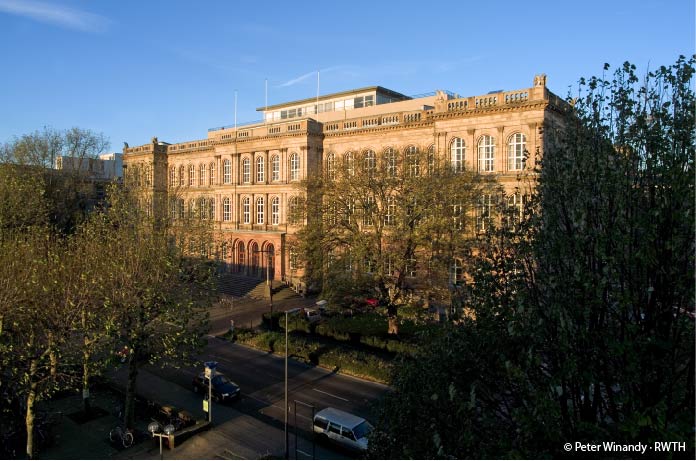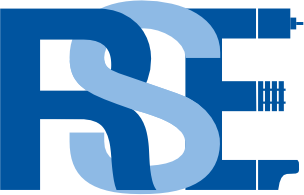
Railway Systems Engineering
at RWTH Aachen University 
About RSE
The RSE course is one of the five specialisations of the Master's program in "Transport Engineering and Mobility" at the RWTH Aachen University. In contrast
to the German-language specialisations, the specialisation RSE can be studied entirely in English. It offers an interdisciplinary structure, incorporating elements from
different subject areas of civil engineering, electrical engineering and mechanical engineering.
It covers not only the infrastructural aspects, but also vehicle engineering, electrical drive technologies and power supplies of railway systems, thus enabling an integrated
approach to the entire railway system.
The RSE program is one of the few international and interdisciplinary Master's programs worldwide that focuses on the entire railroad system.
Additionally, strong emphasis is placed on the practical application of modern research topics. Therefore, RWTH Aachen University maintains close contacts with local
companies, including Talbot Services, Siemens AG with its Wildenrath Testing and Validation Center (PCW) and the infrastructure owner and operator Rurtalbahn.
Infos
How can innovative ideas in vehicle construction enable new transport concepts? How can transport networks be logically developed, expanded, relieved,
and ecologically planned? How can factors like rolling stock and routing be managed in a way that enables needs-oriented and smooth railway traffic? How do random
disturbances in transportation have to be considered to avoid jamming or to optimise safety strategies? How can we shift more passenger and freight transport towards
railways? Is driverless operation possible for all kinds of rail transport means?
When the interaction of technical possibilities, infrastructure, and human behaviour is supposed to be optimised, transport engineers
are called upon for their interdisciplinary perspective. At RWTH Aachen University, students of the Transport Engineering and Mobility program acquire this interdisciplinary
expertise by studying the perspectives of three engineering disciplines: civil engineering, mechanical engineering, and electrical engineering. This extraordinary breadth
allows them to consider not only the aspects of infrastructure development and rail vehicle engineering but also the economic framework conditions of their concepts.
Take advantage of the opportunity to expand and refine your expertise in designing the ever-present desire of people to be mobile.
The specialisation Railway Systems Engineering concentrates on the further development of railway engineering. Students work with rail vehicles, rail transportation systems, and
infrastructure developments in rail transportation. This Master's program covers each aspect of the complete system "Railway ": The infrastructure, the operation and the
vehicles, including the electrical drive as well as electric power supply. Furthermore, this is the only specialisation of the Master's degree program Transport Engineering and
Mobility which can be studied entirely in English.

The Research Center for Railways, which organises the RSE-Master program, is a cooperation between three institutes from three different faculties.
VIA
This institute is part of the Faculty of Civil Engineering. The lectures from VIA focus on the fundamentals of railway construction, such as track construction, alignment, stations and switches, as well as railway operation. This includes dimensioning the infrastructure, production systems, signalling and safety systems and operation of urban transportation systems. This way, the students gain a broad knowledge of planning, operating, and maintaining a railway network. Another task of the institute is transportation economics (Transport Management, Intermodal Transport and Logistics).
IFS
As a member of the Faculty of Mechanical Engineering, the IFS is responsible for research and teaching in the field of railway rolling stock. The IFS analyses and develops methods, processes, and products that improve the attractiveness and competitiveness of the railway system, including the interfaces with other means of transport. The rail vehicle is the central part of the research activities at the IFS, closely integrated into the overall railway system and with logistical connections to other transport systems.
ISEA
The research at the Institute for Power Electronics and Electrical Drives (ISEA) focuses on next-generation power electronics, electrical drives and battery storage systems. With more than 100 research associates, it is one of the largest university-based research facilities in electrical engineering in Europe, covering all components of modern electric drivetrains, including inverters, chargers, e-motors, and batteries. Besides the development of high-power-density converters and drives, ISEA has a strong focus on system modelling, control, and reliability.
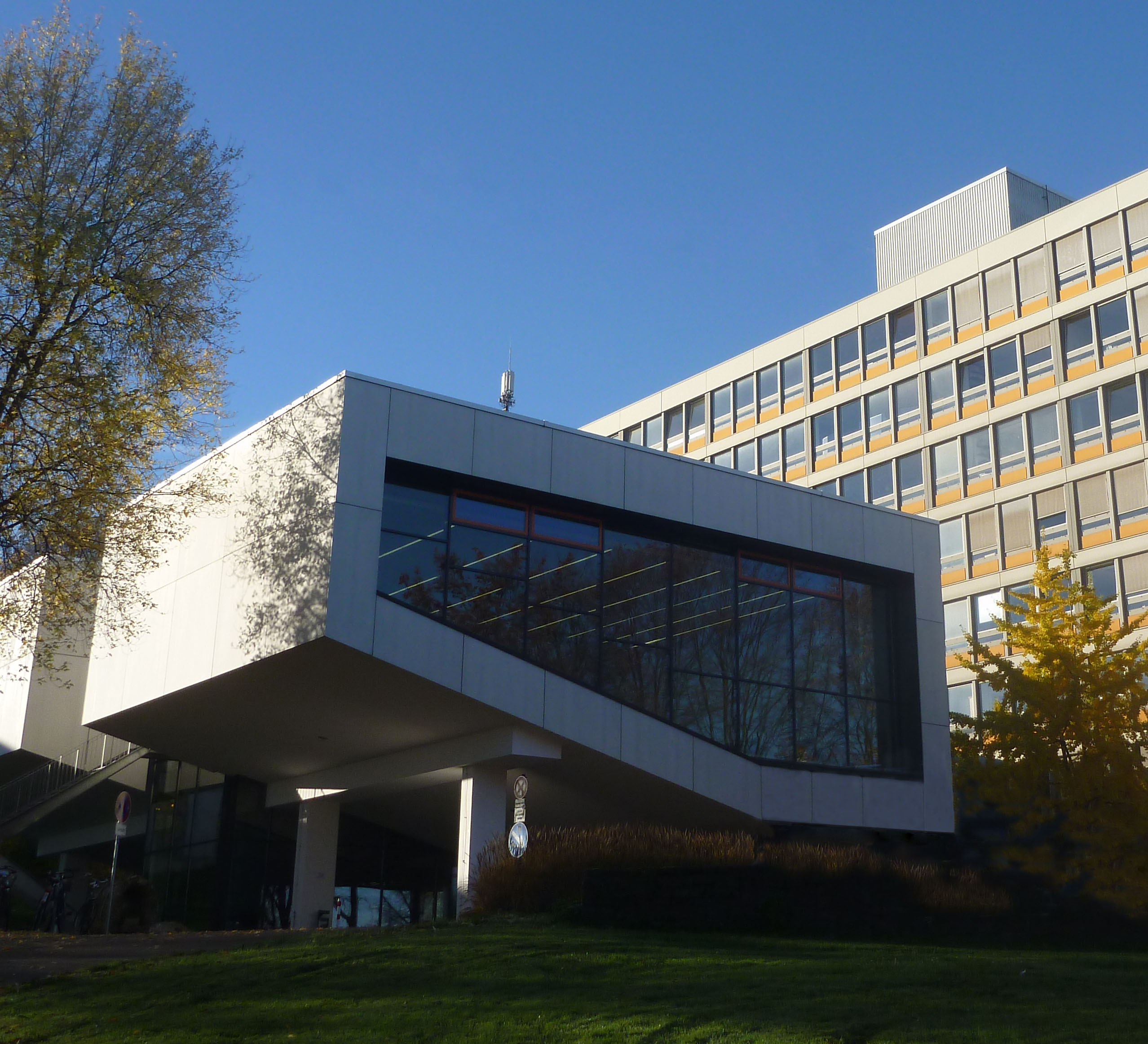
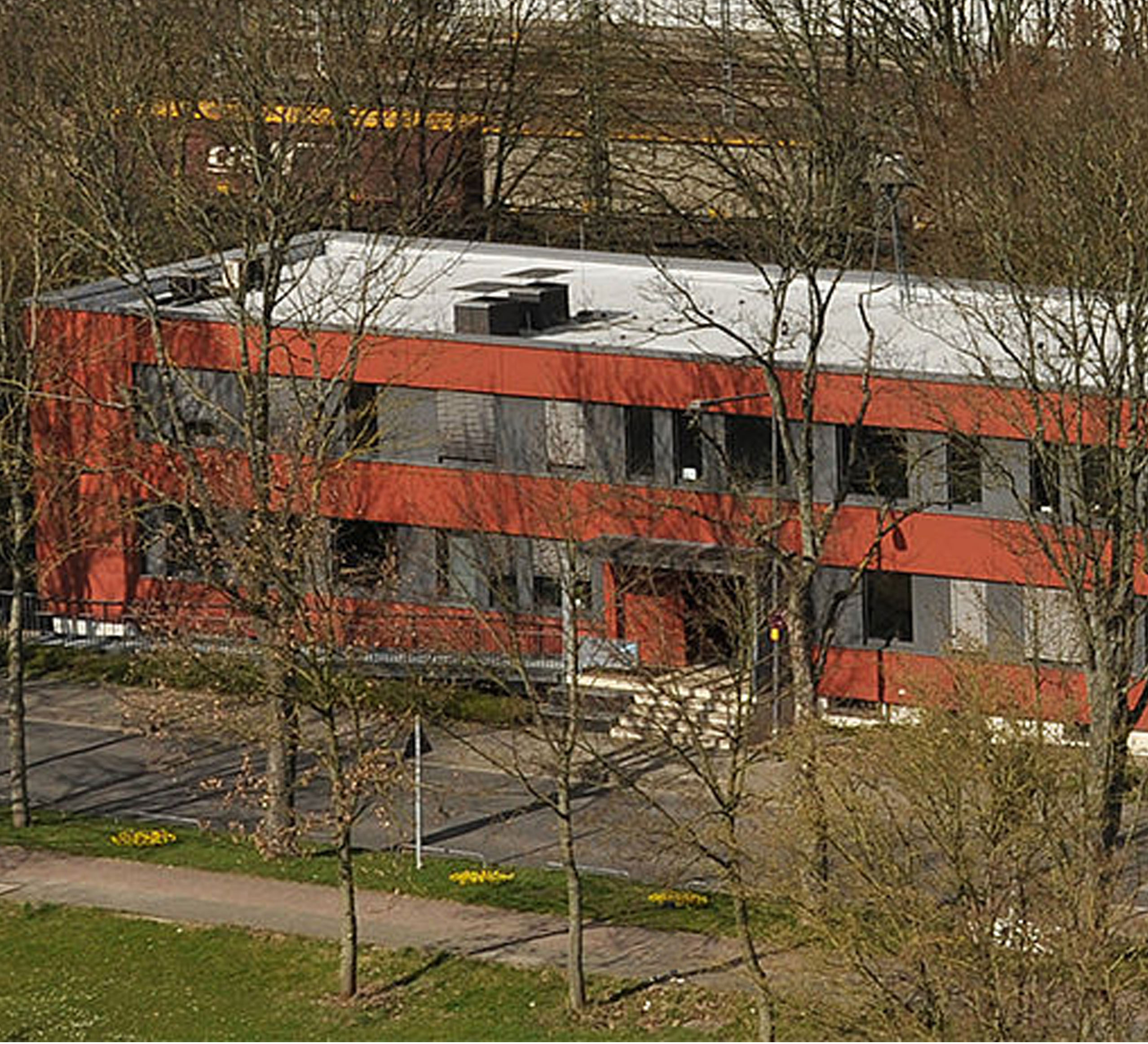
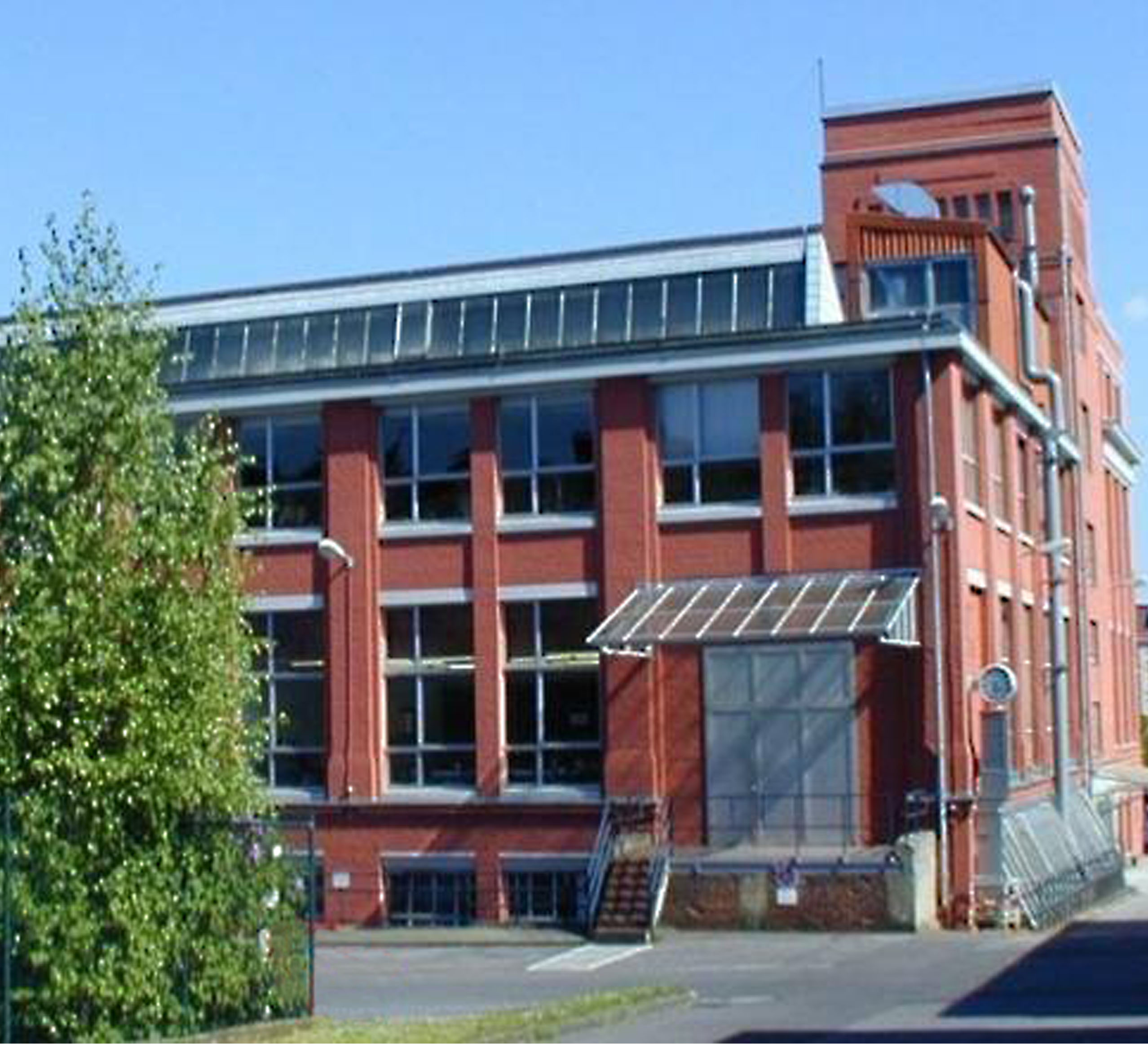
Industry Contacts
Mobility is the global motor for economic development and individual growth. International experience for prospective transport engineers is
becoming increasingly important and can have a significant impact on one's career path. This program offers a great opportunity for young engineers of diverse backgrounds to
learn, study and work together in an international environment.
German universities are well-known for collaborating closely with industry on cutting-edge topics, thereby rendering their research not only relevant to current needs but also
fostering a fruitful environment of mutual development. Each of the organising institutes has outstanding contacts with companies in and outside of Germany. The faculties
involved are members of many different research associations as well. All these elements help create chances for interesting and highly instructive internships for the
students.
Career Prospects
Engineers with expertise in mobility and transport are multidisciplinarily trained professionals who are able to optimize the interaction of transport carriers and
transport infrastructure with regards to technical, economic, and social aspects.
Among the many positions held by RWTH graduates of such master courses are, for instance, optimizing transport processes in public administration, where they support the
entire organization from the political decision to budgeting continuing to the operation of transport systems. On another level, many employment possibilities exist directly
in the railway industry, for example working for manufacturers for rolling stock or signaling systems. Our graduates also work in consulting and engineering offices which
offer support and solutions to the original equipment manufacturers. Furthermore, transport companies which operate the rail networks across the world as well and the
logistics sector both face very challenging tasks of an interdisciplinary nature which are ideal areas of application from the perspective of a mobility specialist.
Finally, a very important and interesting opportunity is to continue one's career in the university as a doctoral candidate. Doctoral studies in the engineering field in
Germany offer you the chance to work on open questions in the railway sector, in close cooperation with the aforementioned industries.

The RWTH Aachen University is a university of excellence and one of the largest and most respected institutions in Germany. There are currently more than 45,000 students enrolled at RWTH, with the majority of them studying in the field of engineering sciences. Aachen's large student population makes it a vibrant and youthful city with plenty of fun things to do, right next to the Dutch and Belgian borders.
